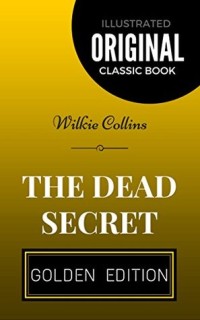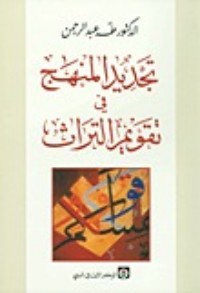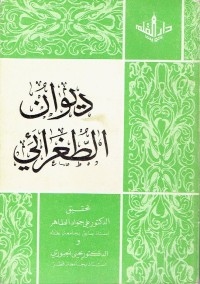
The Dead Secret by Wilkie Collins.. How is this book unique? Font adjustments & biography included Unabridged (100% Original content) Formatted for e-reader Illustrated About The Dead Secret by Wilkie Collins The Dead Secret was Wilkie Collins’ fourth published novel.The secret of the title is the parentage of the heroine, Rosamund Treverton, who has been passed off as the daughter of the wealthy former actress Mrs Treverton of Porthgenna Tower,
but is in fact the illegitimate child of her servant Sarah Leeson by a local miner (Mrs Treverton’s motive was to provide her husband with a child, being apparently unable to bear children herself). Sarah writes down the details of the secret from the words of the dying Mrs Treverton, and hides the paper bearing the message in an unused room at Porthgenna. The novel then jumps forward some twenty years. Rosamund has married the blind Leonard Frankland, who now owns Porthgenna Tower. Sarah, under an assumed name, obtains a post as servant to the family, and gives Rosamund a cryptic warning to avoid the room in which the Secret is hidden. On a visit to Porthgenna, Rosamund finds the paper detailing the Secret and reveals it to Leonard. Leonard, who was originally deceived into thinking Rosamund was a wealthy heiress, accepts that his wife is illegitimate, but refuses to accept her inheritance. In the course of things, this would now pass to Mrs Treverton’s miserly brother Andrew (whose introduction, together with his villainous servant, provides some comic relief in the novel). But Andrew Treverton, somewhat out of character, refuses to accept the windfall and Rosamund remains the heiress of the Trevertons in the expected happy ending.
The Dead Secret by Wilkie Collins.. How is this book unique? Font adjustments & biography included Unabridged (100% Original content) Formatted for e-reader Illustrated About The Dead Secret by Wilkie Collins The Dead Secret was Wilkie Collins’ fourth published novel.The secret of the title is the parentage of the heroine, Rosamund Treverton, who has been passed off as the daughter of the wealthy former actress Mrs Treverton of Porthgenna Tower,
but is in fact the illegitimate child of her servant Sarah Leeson by a local miner (Mrs Treverton’s motive was to provide her husband with a child, being apparently unable to bear children herself). Sarah writes down the details of the secret from the words of the dying Mrs Treverton, and hides the paper bearing the message in an unused room at Porthgenna. The novel then jumps forward some twenty years. Rosamund has married the blind Leonard Frankland, who now owns Porthgenna Tower. Sarah, under an assumed name, obtains a post as servant to the family, and gives Rosamund a cryptic warning to avoid the room in which the Secret is hidden. On a visit to Porthgenna, Rosamund finds the paper detailing the Secret and reveals it to Leonard. Leonard, who was originally deceived into thinking Rosamund was a wealthy heiress, accepts that his wife is illegitimate, but refuses to accept her inheritance. In the course of things, this would now pass to Mrs Treverton’s miserly brother Andrew (whose introduction, together with his villainous servant, provides some comic relief in the novel). But Andrew Treverton, somewhat out of character, refuses to accept the windfall and Rosamund remains the heiress of the Trevertons in the expected happy ending.























